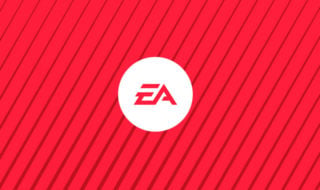E3 was created in 1995 as a means for retailers to meet with game publishers. The event quickly became the tentpole of the industry calendar, attracting millions of eyes and media coverage from around the world.
However, in recent years many game publishers questioned its relevance, as the digital world empowered them to reach out directly to their audiences. The pandemic turbo-charged this shift, and despite attempts at resurrecting E3, it never recovered.
E3 was due to return for its first in-person show in four years this summer as part of a multi-year deal with PAX organiser ReedPop. However, after months of build-up and uncertainty, the show was cancelled in March.
At the time, ReedPop claimed it “simply did not garner the sustained interest necessary to execute it in a way that would showcase the size, strength, and impact of our industry”.
The events company later parted ways with E3 organiser the ESA, with the latter claiming in September that it was “evaluating every aspect of the event”.
In E3’s absence, many other events took place in LA in June, including producer Geoff Keighley’s rival Summer Game Fest, Ubisoft Forward, and an Xbox Showcase.
Speaking to VGC, Keighley dismissed suggestions that competition from his rival event was partly responsible for the cancellation of E3 2023.
In a new interview with The Washington Post, Pierre-Louis suggested he was aware of the circumstances that led to E3’s demise.















